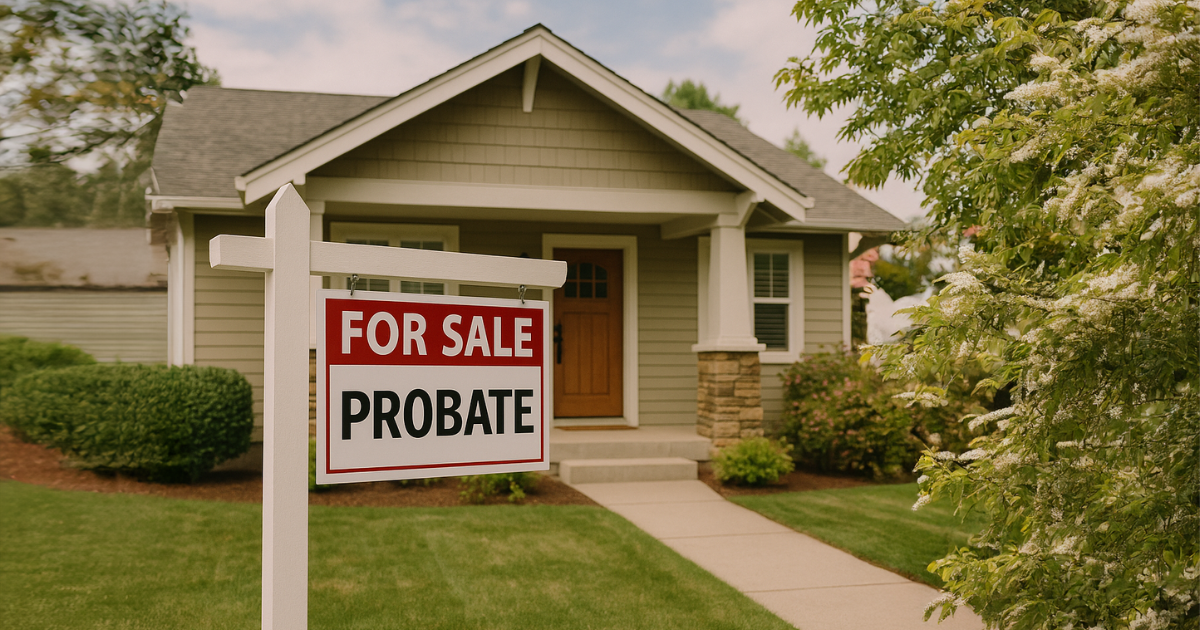
When a loved one can no longer make safe decisions due to illness, cognitive decline, or aging—and no power of attorney exists—seeking legal guardianship may be the only way to step in and help. In North Carolina, this court-supervised process involves filing a formal petition, attending a hearing, and taking on important responsibilities as a guardian. This comprehensive guide walks you through each step, from determining whether guardianship is necessary to fulfilling your duties after appointment, so you can protect your loved one with confidence, clarity, and care.




